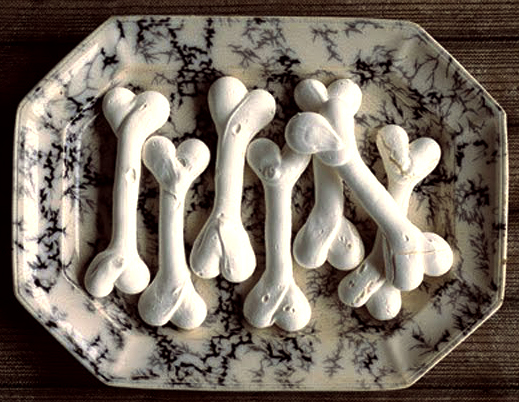By Ana Kinkaid
Many of the modern holiday gatherings that celebrate being Irish are centered around raised glasses of Irish whiskey and piles of steaming baked potatoes.
Yet, it’s a little known fact that all those hot potatoes, smothered in butter, are NOT an original Irish culinary creation.
Rather they owe their fame to an American railroad – the great Northern Pacific Railway and an inventive culinary professional who understood a good thing when he saw it.
For several centuries the small Irish Potato was enjoyed by many in the Emerald Isle It became the main food for the poor as they had little else to eat.
But in 1845 a blight destroyed the country’s entire potato crop, prompting a massive immigration of the destitute and now starving to America.
Once in the United States, the Irish wanted nothing to do with the small indigenous potato from their former homeland, though America’s elite restaurants continued to serve the popular petite plate-size potatoes to wealthy diners.
Perhaps the tiny potatoes were just too much of a reminder of the many hardships the Irish had endured in their former homeland. At any rate, the Midwest farmlands were by then producing bump crops of wheat. Bread in every form and flavor was all the rage among citizens well established or newly arrived.
During this period both industrial and agricultural scientists were launching many new inventions and making startling discoveries. Edison had invented the light bulb, Bell crafted the telephone and Luther Burbank, a skilled horticulturist, was experimenting with new crops suited to the America’s heartland.
In 1872 Burbank declared yet another success when he propagated the tawny-skinned Russet Potato. Its firm outer peel made it hardy while its creamy white interior made it a culinary delight.
Enter Hazen Titus, dining car superintendent of the Northern Pacific Railway. While talking to various local farmers during stopovers in Washington State’s lush Yakima Valley, he discovered that the farmers were facing a major potato crop “failure”.
Unlike the Irish, whose potatoes were small and diseased, the western farmers were cursed with “success”. Their perfect Russet Potatoes were unsellable because they were big, too big to serve on the small fine china plates then popular in the leading gourmet restaurants of New York and San Francisco.
In desperation the farmers thought they had no other choice but to feed their entire potato crop to their hogs and hope for a better year next year. Titus, as it turned out, was as innovative as the men who had moved mountains and forged un-crossable rivers to build the railroad he so believed in.
Where others saw failure and defeat when they looked at the giant two plus pound potatoes, Titus saw a way to spread the fame of the great northern rail route to the whole nation - and beyond.
He purchased the large potatoes that no one else wanted, baked them in the steam from the train's engines and then served them with butter to the hungry diners waiting in his westward moving dining cars. And so the baked potato was born – an American creation crafted through ingenuity and insight, a true child of the American entrepreneurial system.
Almost overnight, the giant non-Irish Russet baked potato became the signature trademark of the Northern Pacific Railroad. Postcards, posters, spoons and letter openers all bearing the potato image proclaimed that the Northern Tracks were the “Route of Great Big Potato”.
Towering electric signs shaped like the giant potato itself, complete with Edison’s blinking lights, soon greeted travelers as they arrived and departed at Northern Pacific Stations. Many celebrities, such as the flamboyant Lillian Russell, lent their name to promoting this new culinary sensation.
There was even a song, entitled the "Great Big Baked Potato", written to proclaim to all the wonders of this unique American culinary creation. Its lyrics declared:
“Twas laying on a platter
Sure something just immense
Served with a spoon and butter
And it only cost ten cents.”
Today, the baked potato is part of cuisines around the world including Ireland's. Everyone everywhere can enjoy this culinary creation that was first served on the long-haul trains crossing the vast and beautiful American West.
Potatoes are still a bargain and a delight today as is train travel. Both trains and potatoes continue to offer a way, no matter the day, to enjoy the best in ease and comfort as we pause to remember the past and look towards the future. Surely, that is something we should all celebrate all year long!



















